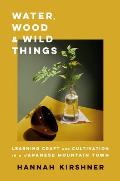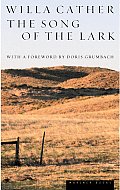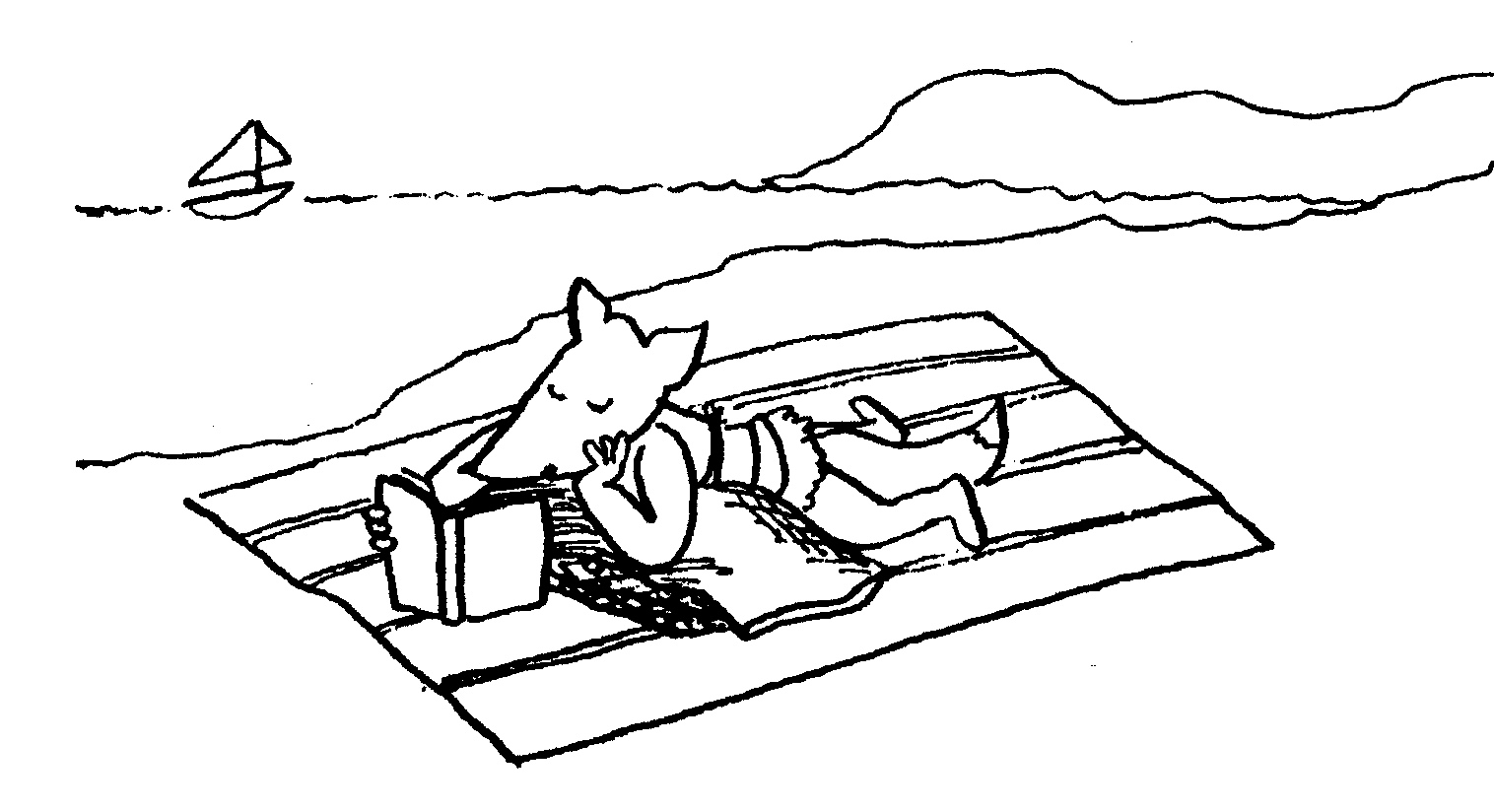










BOOKS WE READ THIS YEAR
As the end of this sometimes difficult/sometimes hopeful year approaches, I begin to feel a number of New Year’s Resolutions sneaking up on me. I capitalize “Resolutions” because those little buggers need the insistence and ferocity of a capital “R”; my track record with resolutions is not stellar. I often break them by January 2nd. But it’s a new year, so new goals, right?
Some of the goals are about my relationship with my body. I’m 72 and this relationship, like any relationship that lasts decades, includes fondness, irritation, misunderstandings, boredom, and laughter. Bodies are strange things, no? Frankly, I’ve always been better friends with – and kinder to – my brain. Brains can also wear out, of course – that thought scares me more than mortality.
I don’t want my brain wearing out, and I hear it’s good for brain health to keep the brain active. One resolution I feel coming on is this: READ MORE BOOKS. Not that I haven’t been reading in bits and pieces, but as some of my blog posts suggest, my attention has been brief and scattered. Articles here and there. Headlines, Commentary. Opinions. Reviews. Interviews. Cartoon captions. An essay about the joys of Rome or a googled article about how electrical circuits work. Fluttering and jumping. Snippets and bits.
But I’ve been lazy and undisciplined about books. What’s that about? Pandemic fatigue? I don’t have the answer(s) yet. Might not ever figure it out, but I’m going to try to get the joy back. I remember reading several books a month – even big, generational narratives – and loving them when I was younger. Would I read One Hundred Years of Solitude now? Probably not, and what a loss that would be. Lately, if a book is long and challenging, and I’m reading it on my own, I abandon it.
Here is my working theory: I need to talk about books with people. Especially novels, which I find, pro forma, challenging. Non-fiction, easy: the real world is intriguing. But fiction? I need to talk about fiction. That way, I can see characters and authorial strategies from a different point of view. If I’ve disliked a novel and someone else has liked it, why would that be? Have I missed something? Have I read carelessly? Have I neglected a good story because I’m too hooked on style? Too hooked on reality, too suspicious of the imagination?
Luckily, I have a group of friends I talk with about books. Over the last year, the books we’ve chosen have honestly been the only books I’ve read cover to cover. Maybe my resolution to read more books is actually a resolution to pay attention to other books the way I pay attention to the ones I read and discuss with friends.
We’ve been meeting monthly for ten years – Zooming, for the last year and a half. Books we’ve discussed have ranged from classics to recently published books, from old favorites and small gems to big bestsellers. We’ve never established parameters about the way the books would be chosen, haven’t made rules about the way we would talk about them. We simply decided that each person, in turn, would pick out a book that the group would read. Some of the book choices have surprised us – we ended up not enthusiastic about some we thought we would love, and we absolutely loved a few we initially were unsure of (Hannah Kirshner’s Water, Wood and Wild Things: Learning Craft and Cultivation in a Japanese Mountain Town – who expected that to become one of our favorites this year?)
Over the last ten years, we’ve read between eight and ten books per year. We’ve turned mixed reactions over and around in our discussions. I’ve come to think of our conversations the same way i think about going to museum exhibits – enjoying them most when I’m with someone who likes a piece that I’ve approached with disinterest. Those familiar questions come out: Have I missed something? Have I looked at the exhibit carelessly? Have I too often privileged style over substance? Is there something I can learn from this? The person I’m with (often my sister, who studied art in college) invariably knows a few more details than I do about technique, about effect, about effort, about the life of the artist. I listen and become interested. I find new footing. I grow. So it is with my book club. Without fail, someone adds an observation that gives me a new perspective.
In 2021, we read eleven books. I’ve put their covers up at the beginning of this post. Loved some, disliked others, was bored by some, couldn’t put others down. Looked forward each time to hearing what friends thought of of a story, and why they thought what they thought. I heard people mention things about the book I hadn’t thought about. Loved re-viewing the book after their comments. A new member is joining us this month, and I look forward to getting to know her through books.
As for the resolution I feel coming on: If I read eleven books this last year, can I put aside the snippets and bits long enough to double that number, or triple it? Can I re-engage with longer reading? Re-engage with novels? Re-connect with more people to get a discussion going? Maybe the bottom line in that resolution is “reconnect with more people.” I moved to a new town not too long ago and barely got settled in – I’m slow when it comes to settling in – before the pandemic began and new friendships went on hold. Maybe it’s time for me to join the local library’s book club. Make new book friends, keep the wonderful old book friends. And give another old friend, my brain, more of a workout.













